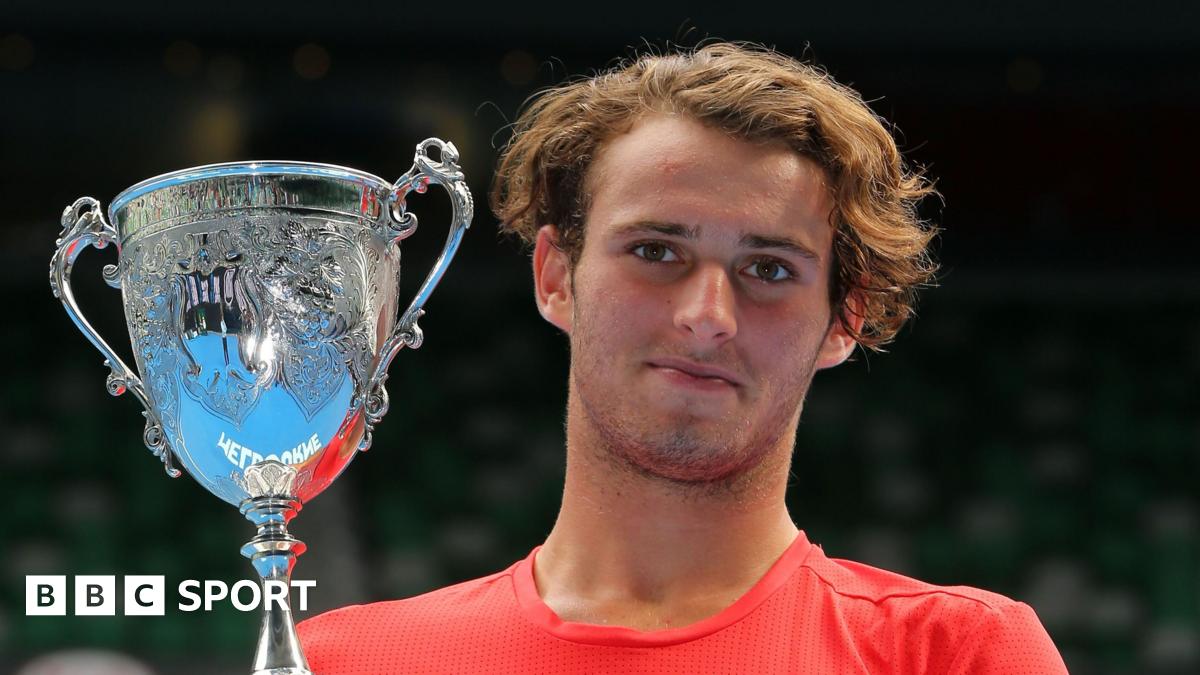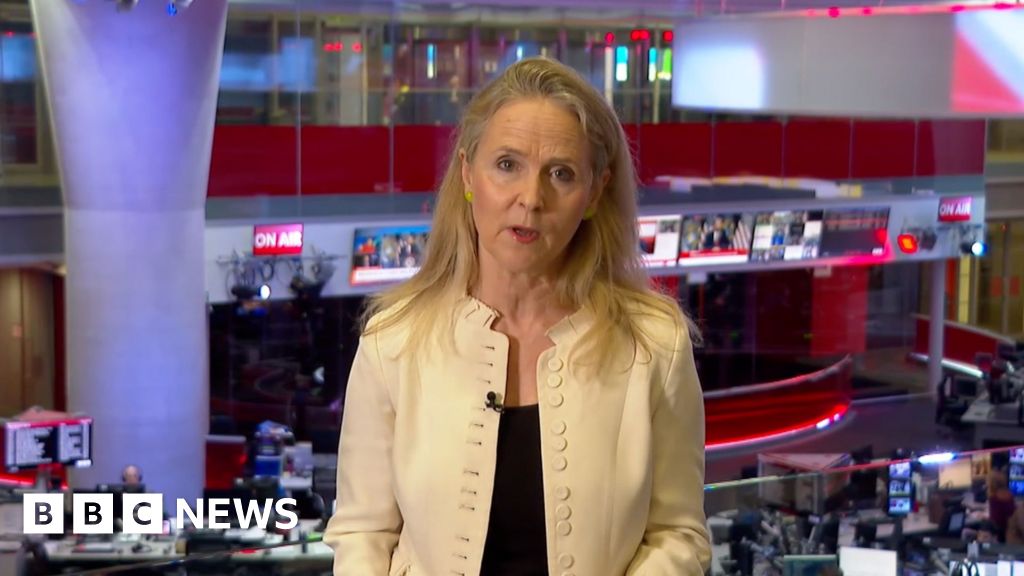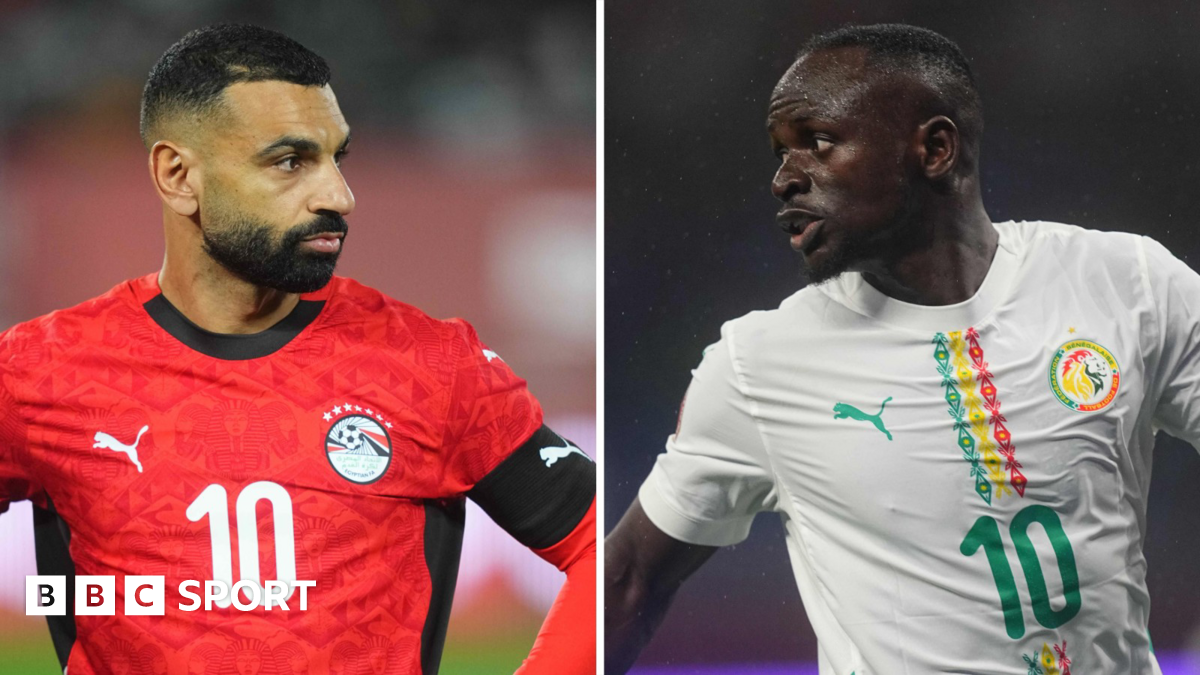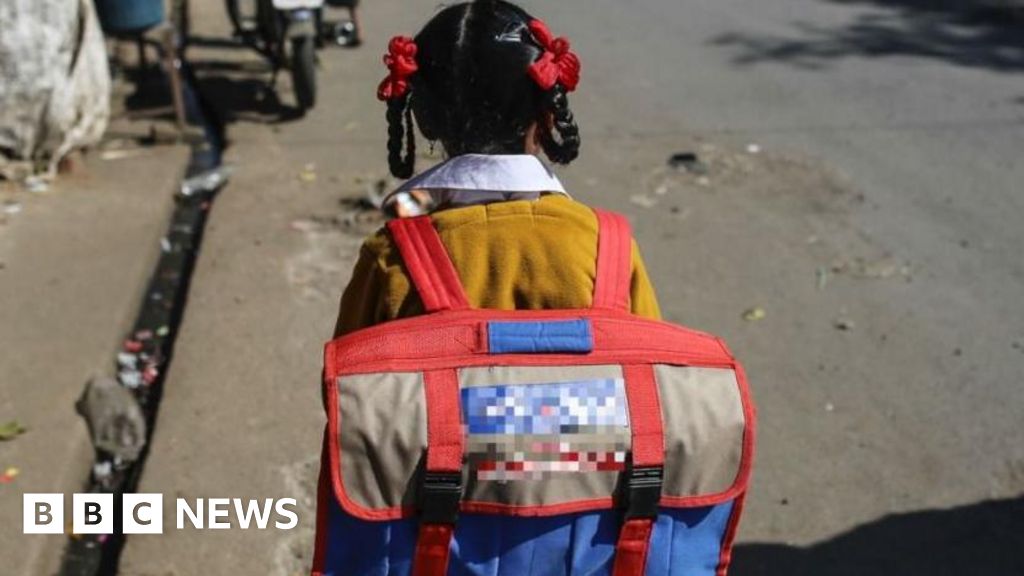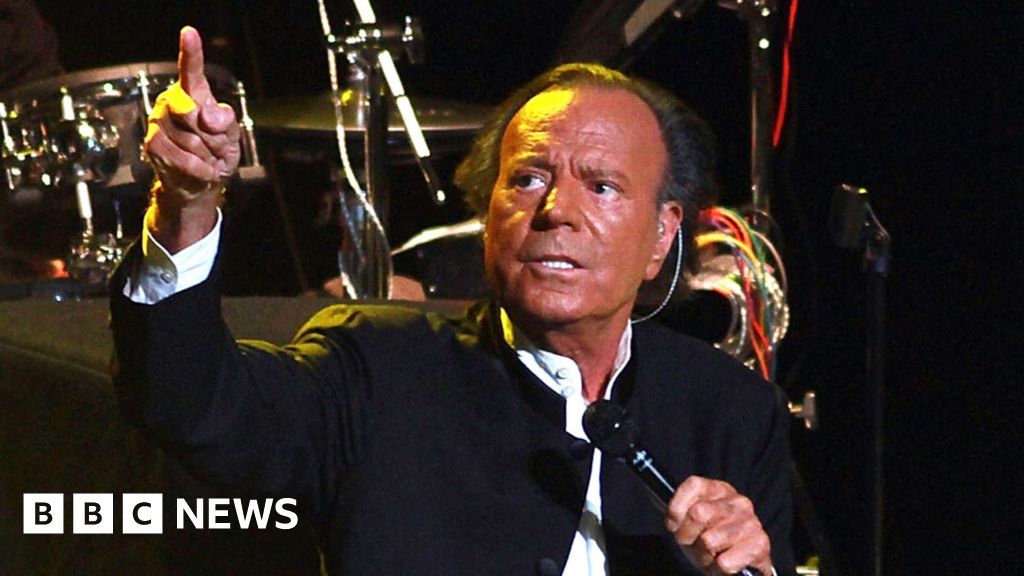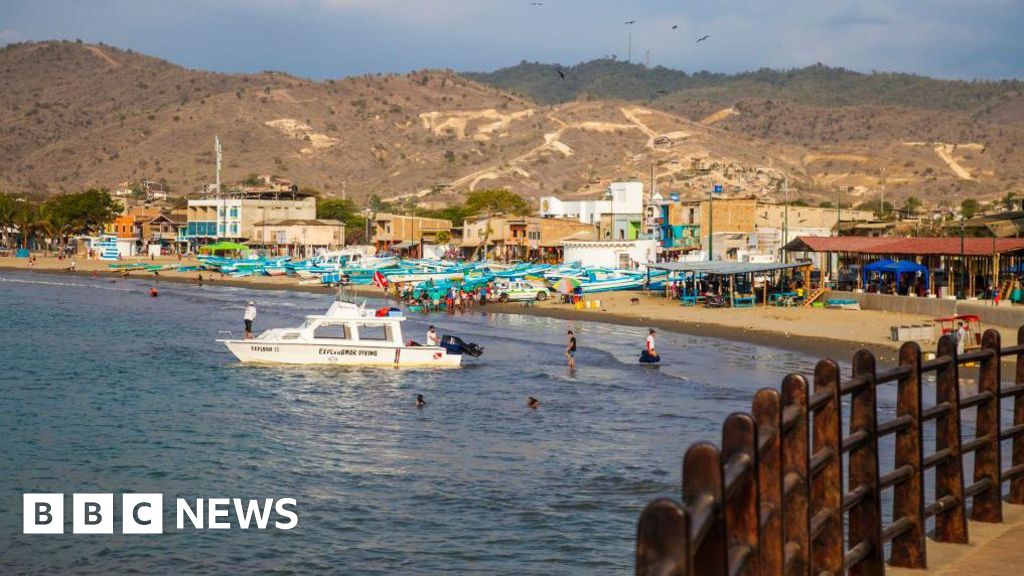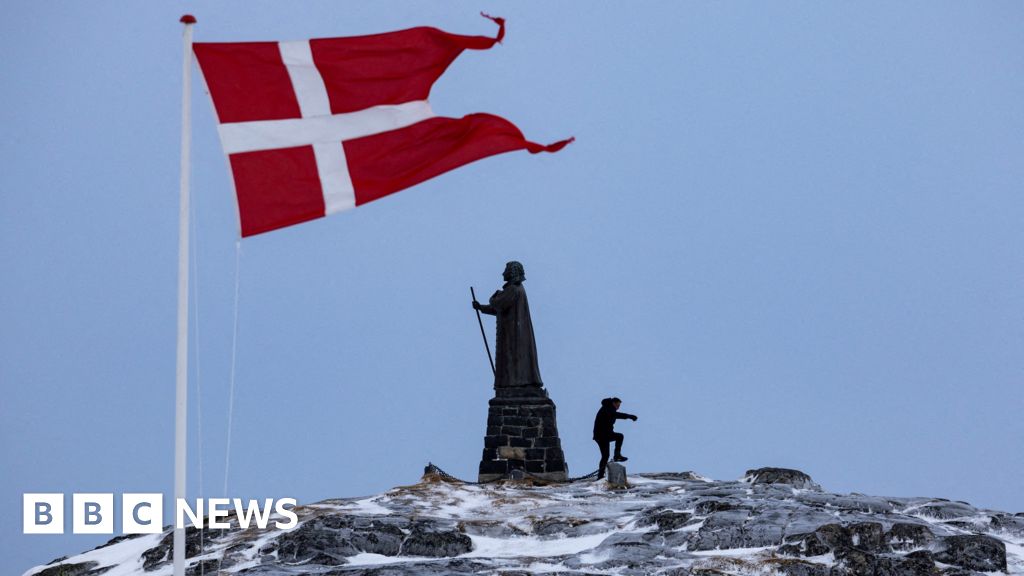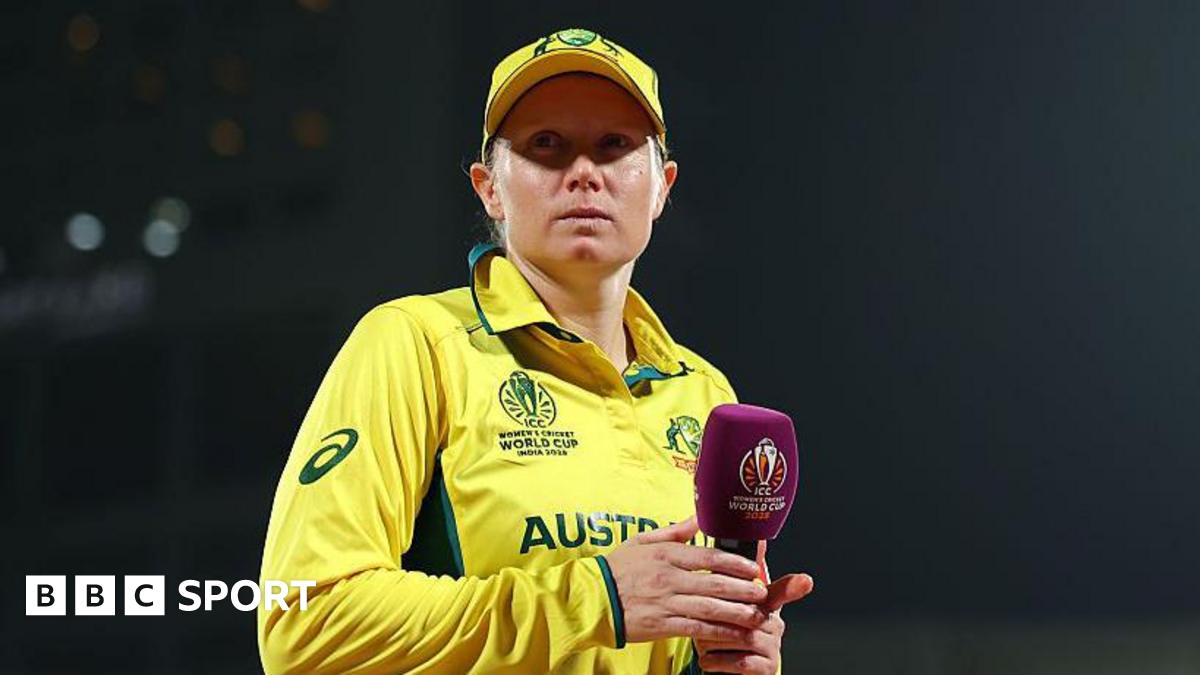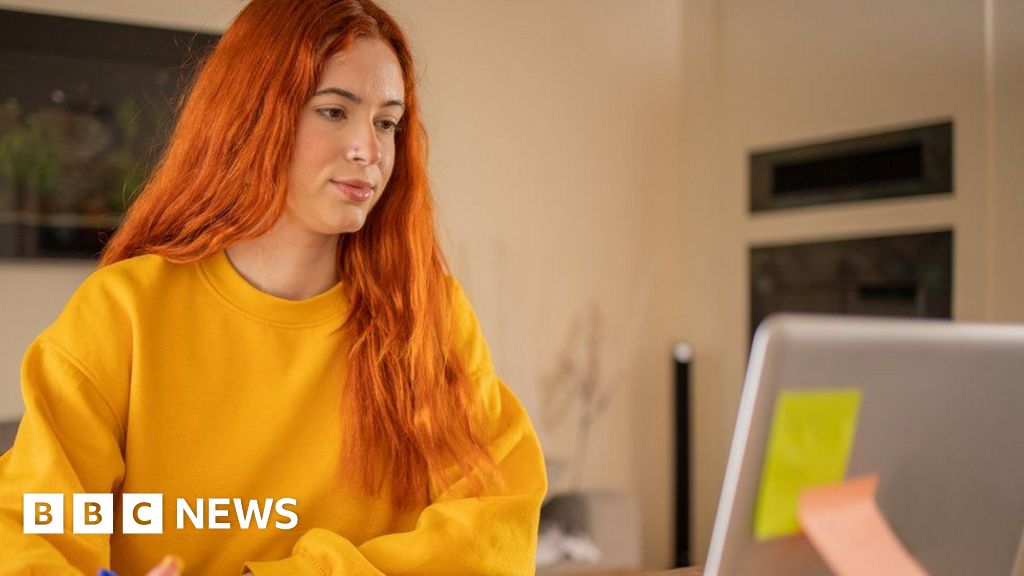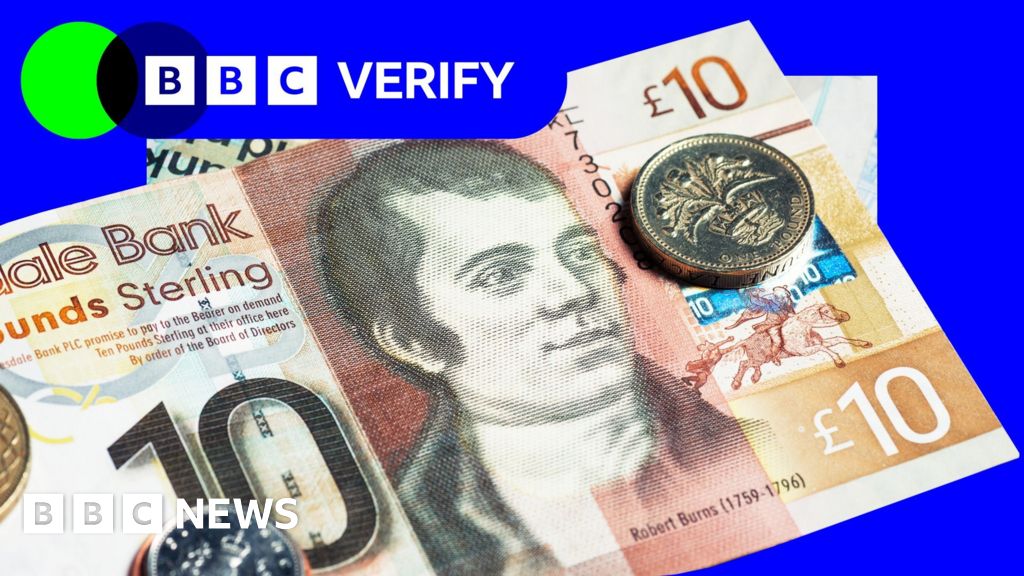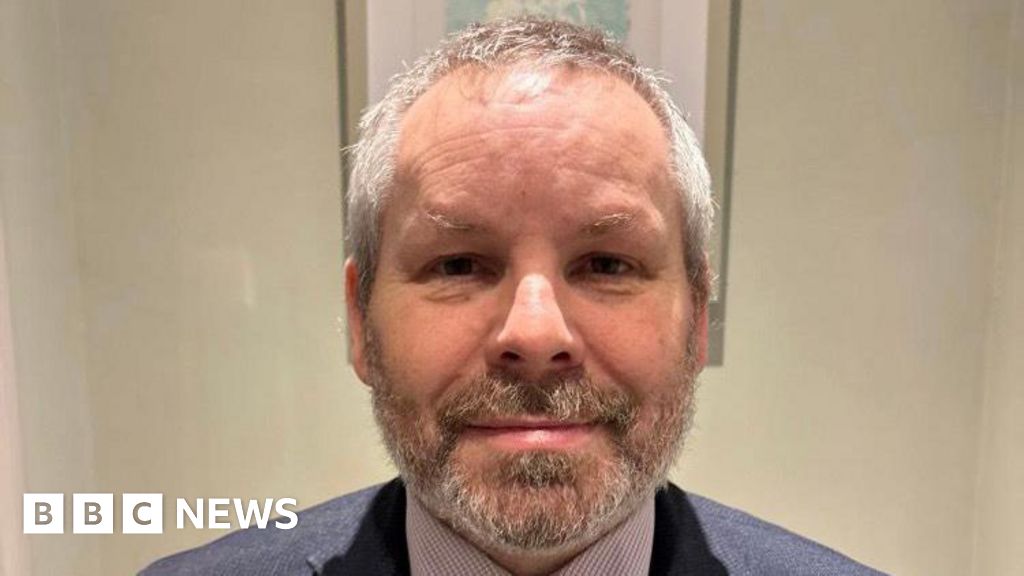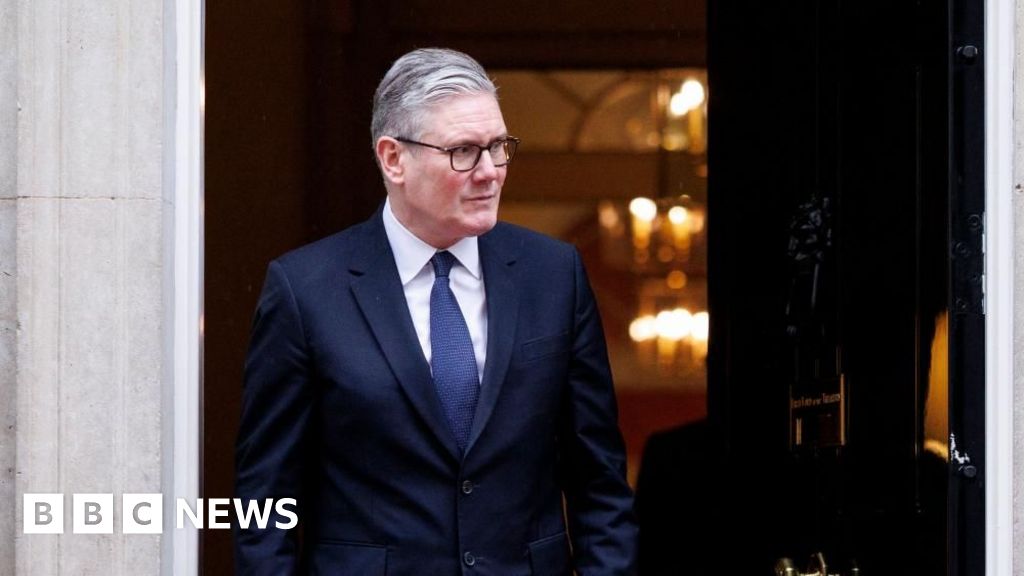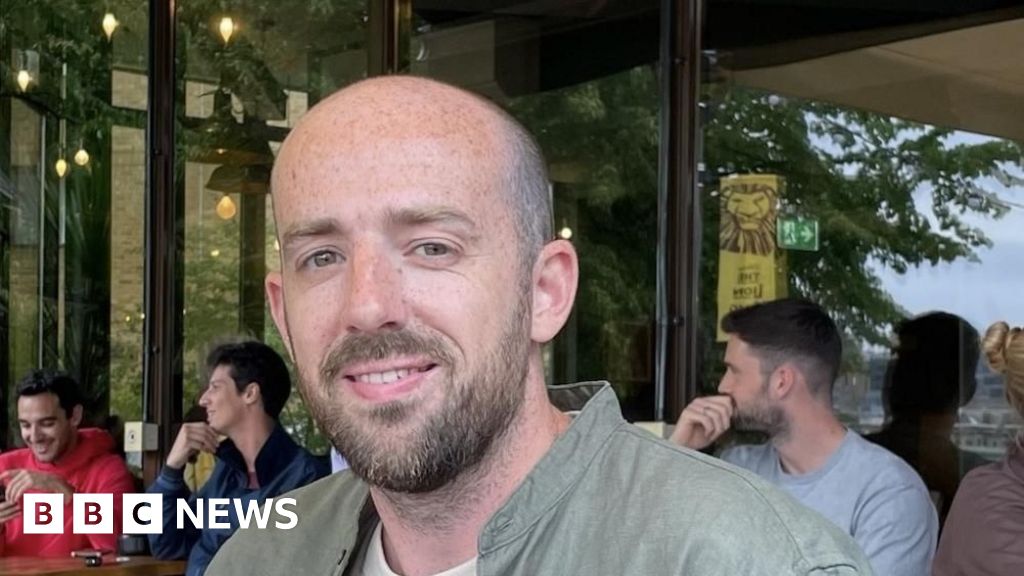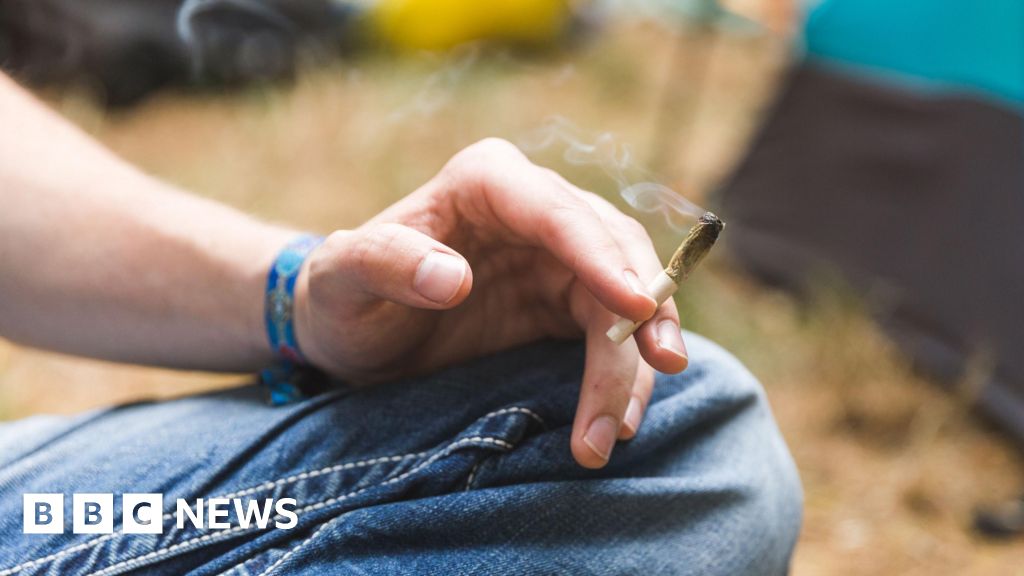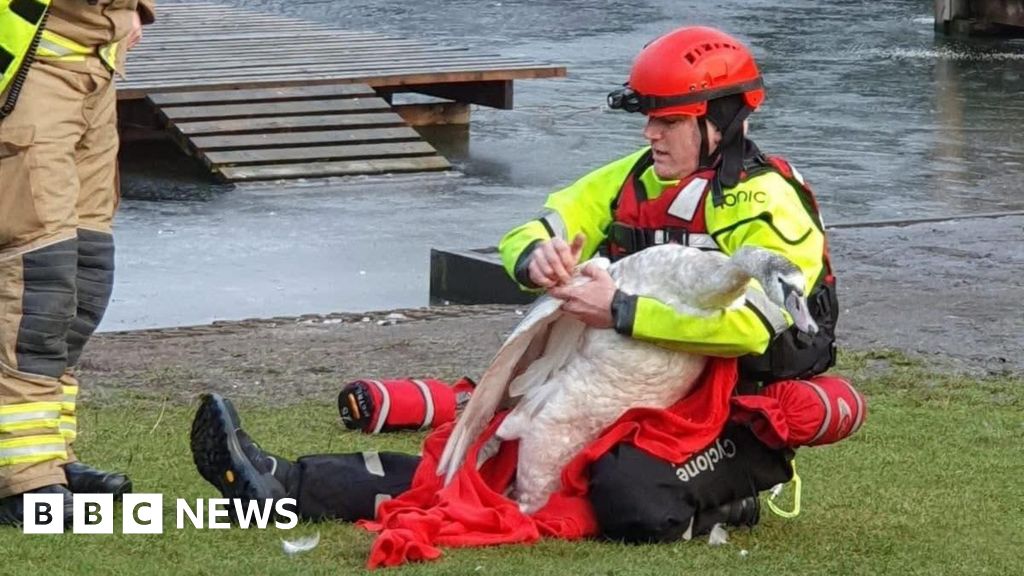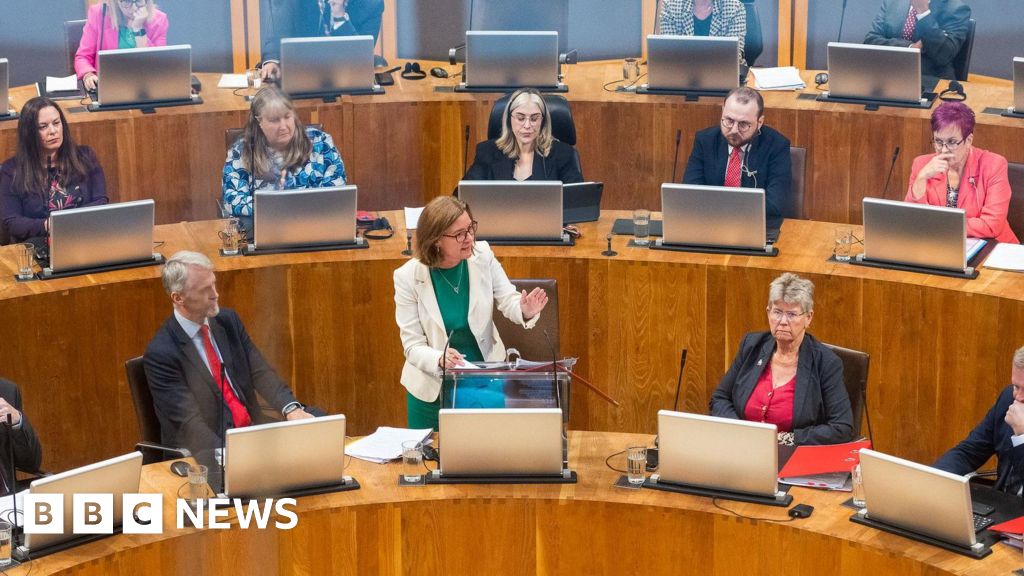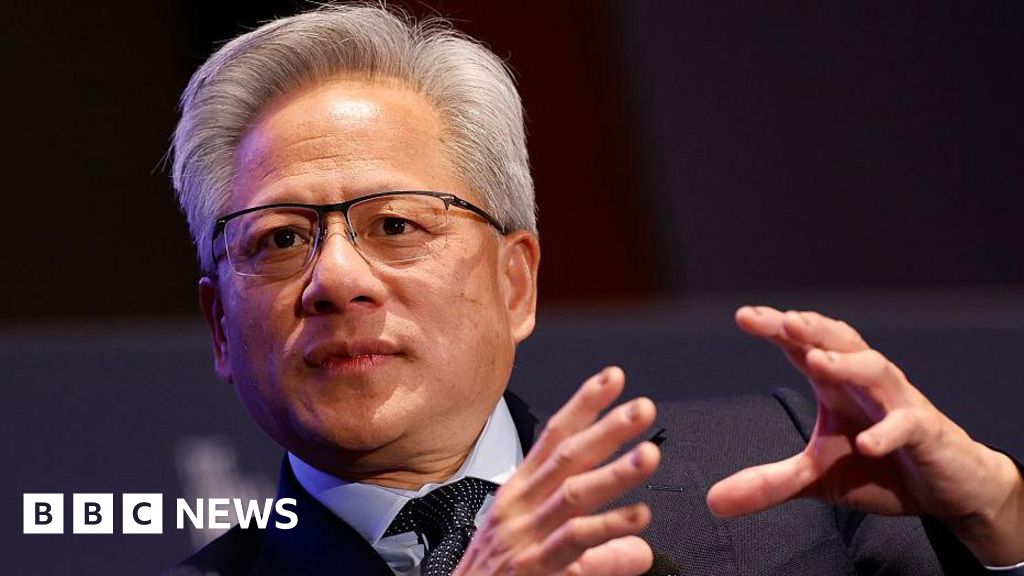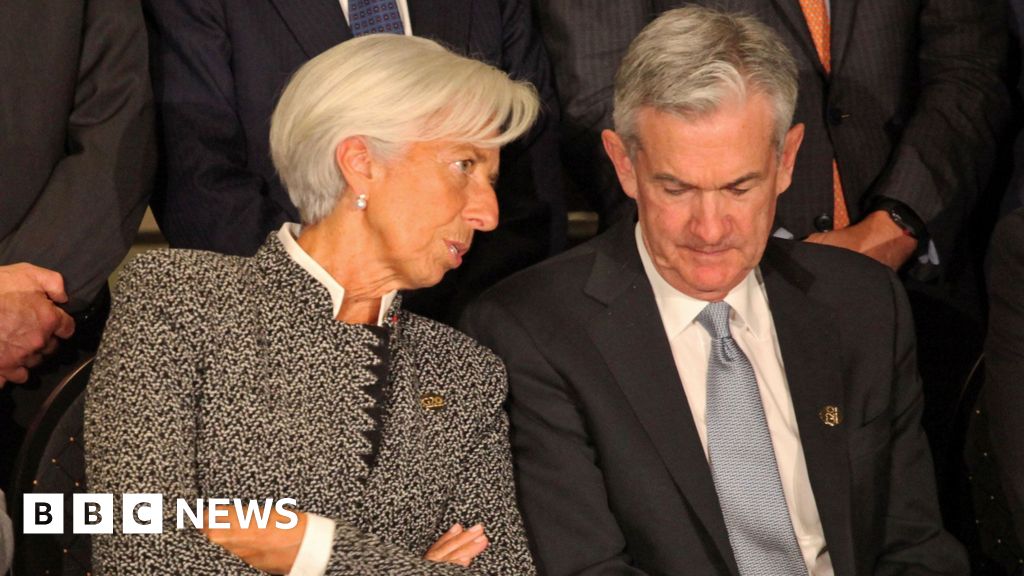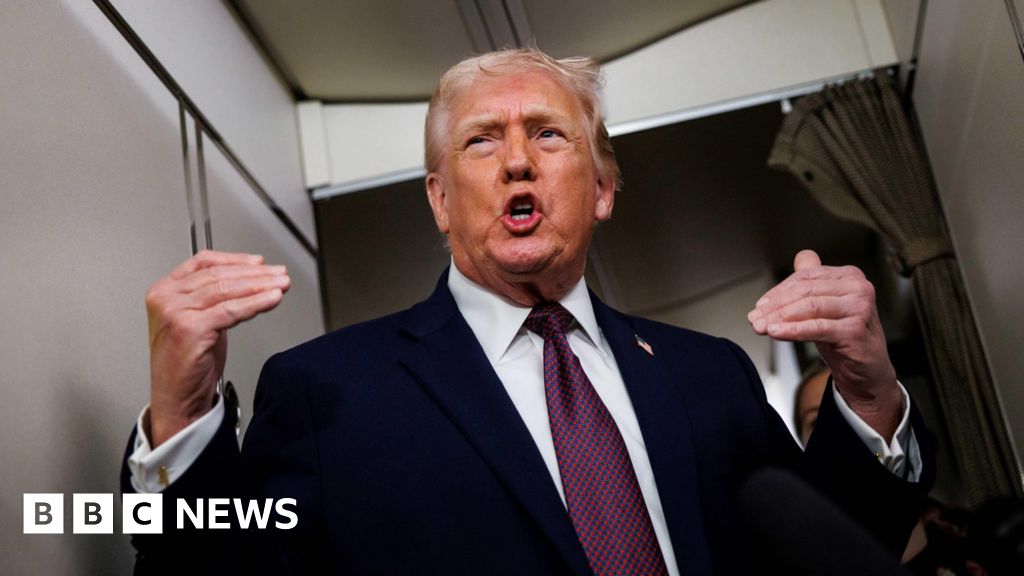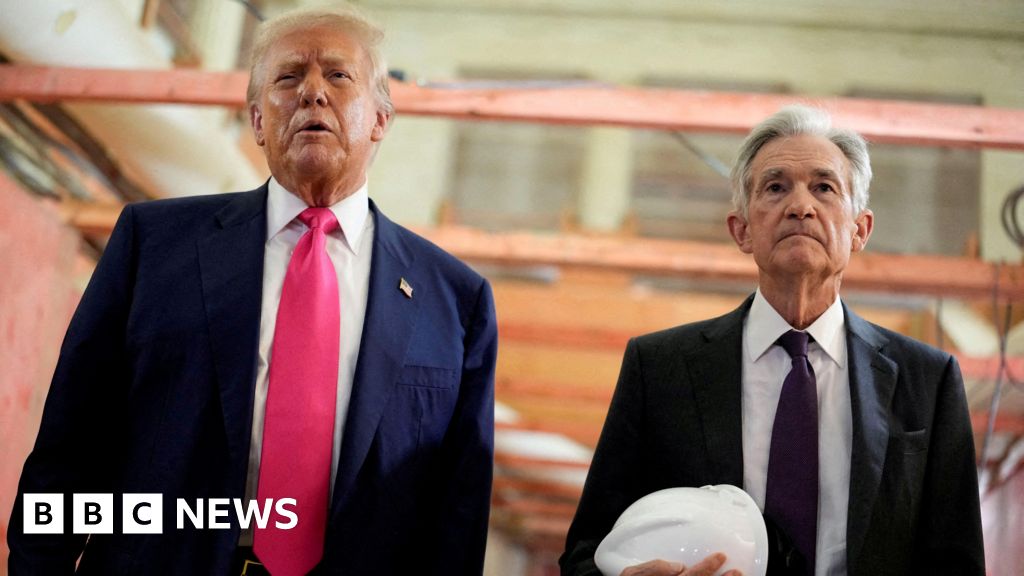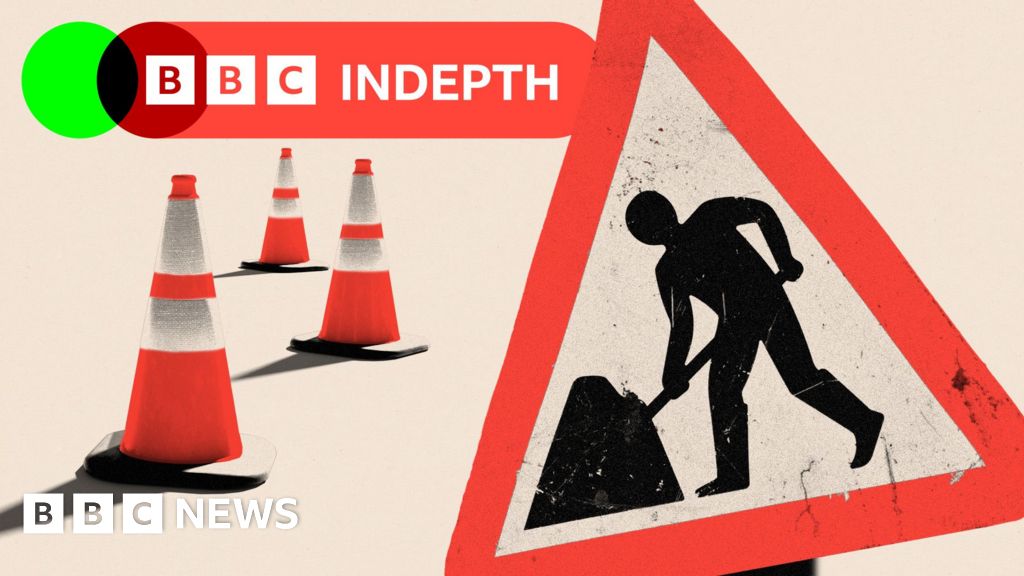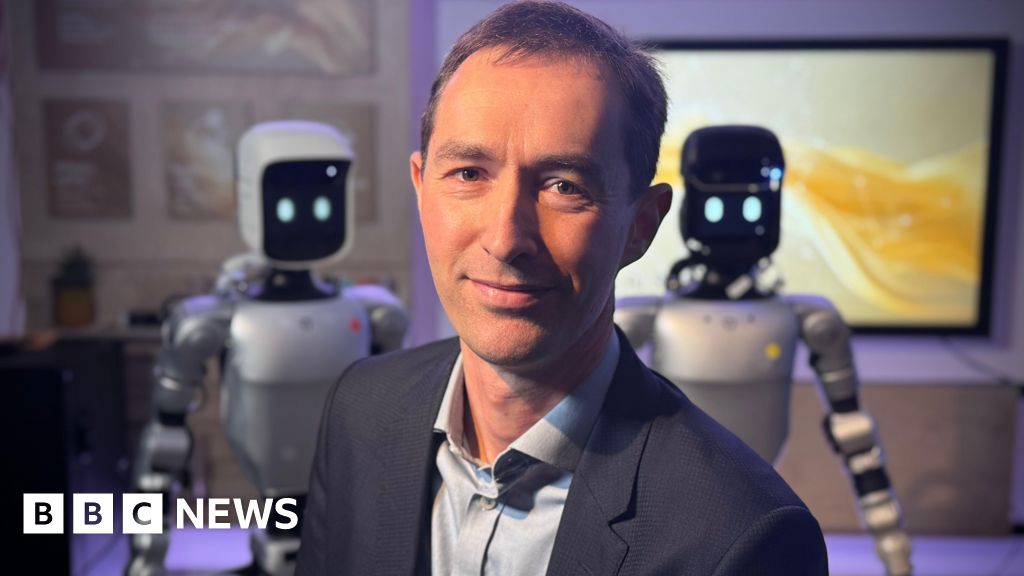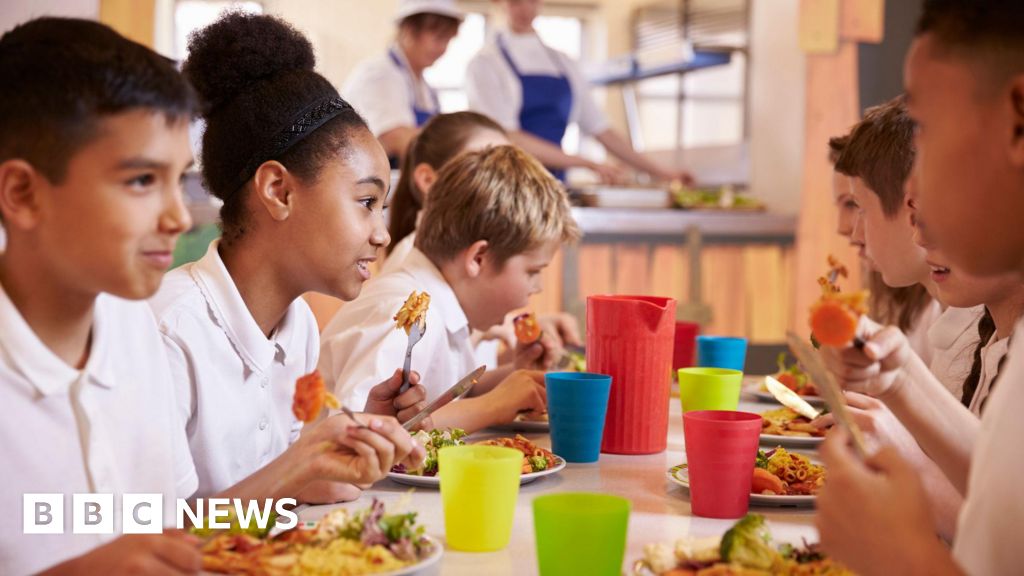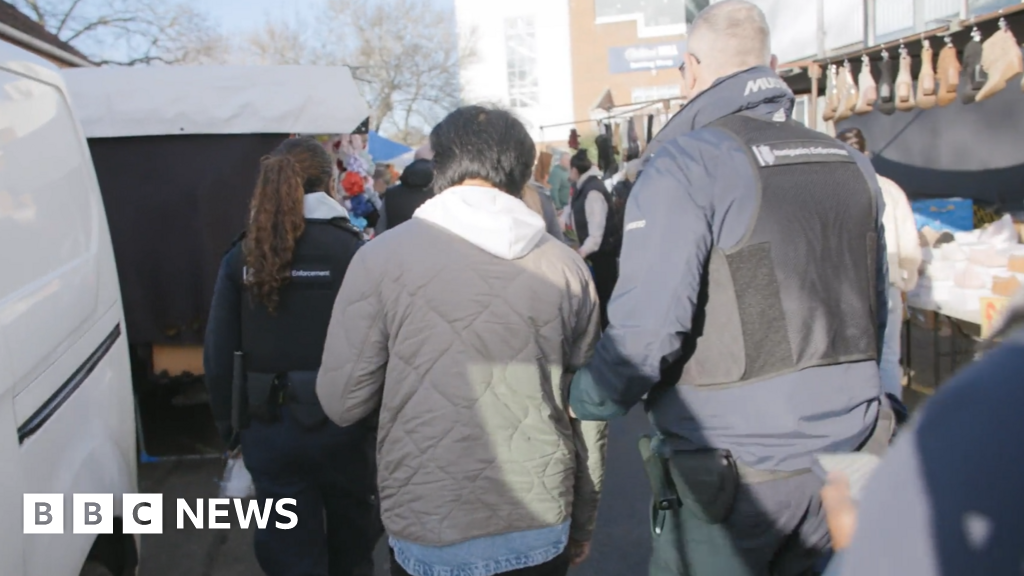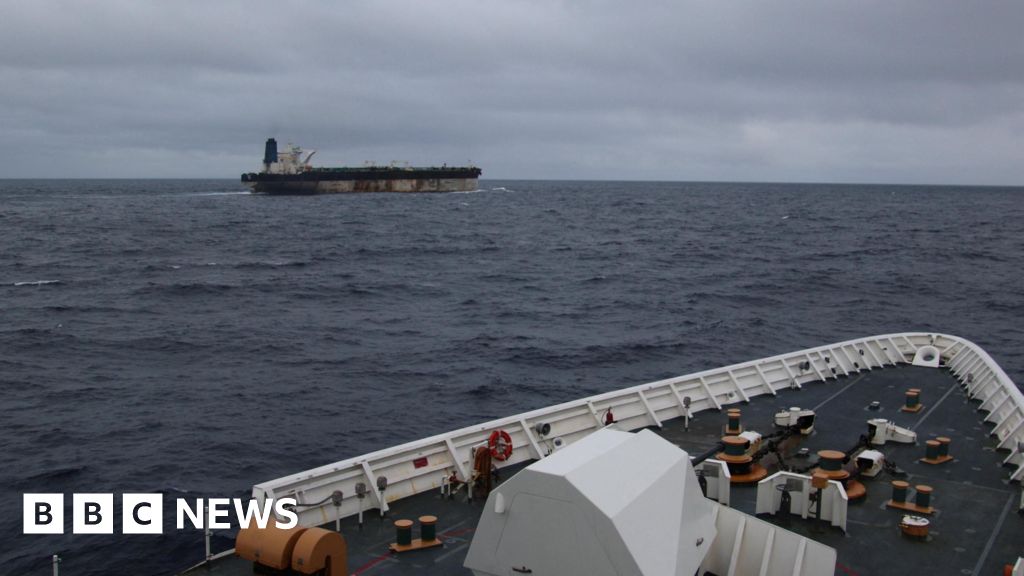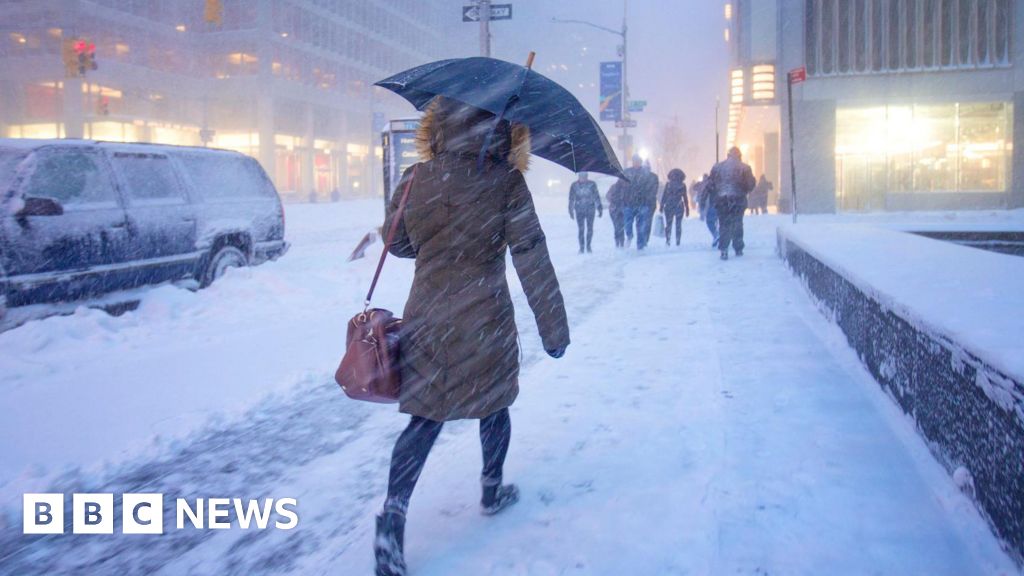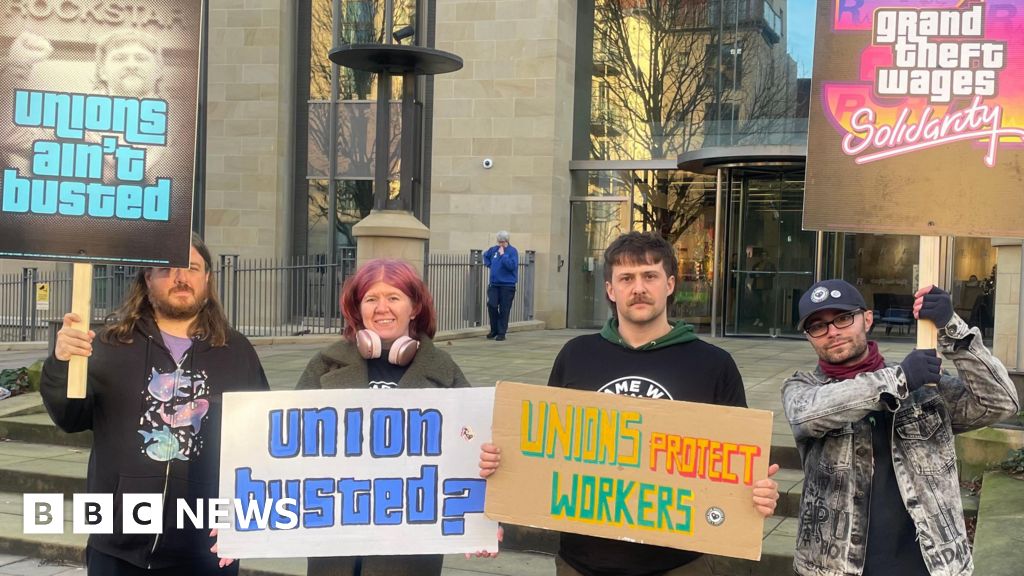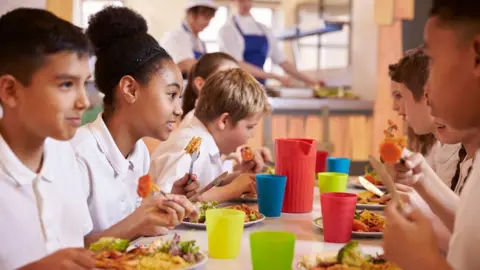 Getty Images
Getty ImagesAny child in England whose parents receive Universal Credit will be able to claim free school meals from September 2026, the government has said.
Prime Minister Keir Starmer described the move as “a down payment on child poverty”, along with other measures that have already been rolled out.
Parents on the credit will be eligible regardless of their income. Currently, their household must earn less than £7,400 a year to qualify.
The government says the change will make 500,000 more pupils eligible, which the prime minister said would “help families who need it most”.
Sir Keir said the measure was “a statement of intent” aimed at the “attainment of children” to give them “the best possible start in life”.
Labour has faced scrutiny over plans to tackle child poverty, and is yet to decide whether to scrap the two-child benefit cap.
Asked if he would go further and lift that cap, Sir Keir said: “I would say this is a down payment on child poverty.
“We’ve got a task force. It’ll come out with a strategy… I want to get to the root causes of child poverty.”
Education Secretary Bridget Phillipson told the BBC ministers were “working as quickly as we can” on next year’s plans to extend free school meals.
She said the changes to free school meals would save parents £500 a year and “lift 100,000 children out of poverty”.
Phillipson told BBC Radio 4’s Today programme it was her “moral mission” to make sure fewer children grew up in the kind of poverty she experienced.
“We know if children are arriving at school ready to learn that makes a massive difference to their outcomes”, she said. “If you’re hungry, it’s really hard to concentrate.”
The Department for Education has set aside £1bn to fund the change up to 2029.
Phillipson declined to say where that money would come from, but said schools would not have to find money for it and that details would be set out in next week’s spending review.
In an interview with BBC Breakfast, she confirmed the government was considering scrapping the two-child benefit cap, which prevents most families from claiming means-tested benefits for any third or additional children born after April 2017.
Prime Minister Sir Keir Starmer said: “Feeding more children every day, for free, is one of the biggest interventions we can make to put more money in parents’ pockets, tackle the stain of poverty, and set children up to learn.”
The government has also pledged £13m to a dozen food charities across England to “fight food poverty” and said there will be a review of standards so that school meals are healthy.
Christine Farquharson, associate director of the Institute for Fiscal Studies (IFS), said the change would, in the long-term, lead to an additional 1.7 million children getting free lunches and about 100,000 children “lifted out of poverty”.
However, she said that would not happen in the “short run” and that “today’s announcement will not see anything like 100,000 children lifted out of poverty next year”.
She added that “other measures – such as lifting the two-child limit – would have a lower cost per child lifted out of poverty”.
Kate Anstey, head of education policy at the Child Poverty Action Group, said the extension would cover “all children in poverty and those at risk of poverty”, with the current criteria only accounting for around two-thirds of those children.
She said she hoped it was “a sign of what’s to come” and the government would take more action.

Listen to BBC education editor Branwen Jeffreys’ report on BBC Sounds
The Association of School and College Leaders union calling it a “welcome step forward” but adding there was “much more to be done”, while the Sutton Trust charity said it was a “significant step towards taking hunger out of the classroom”.
Liberal Democrat spokesperson Munira Wilson said the government needed to go further, echoing calls from charities to abolish the two-child benefit cap in next week’s spending review.
The government is expected to announce its decision on the cap in the autumn, when it publishes its child poverty strategy.
Conservative leader Kemi Badenoch accused Sir Keir of “causing confusion” over the policy during Prime Minister’s Questions on Wednesday.
Who can claim free school meals?
The total number of children registered for free school meals in England is about 2.2 million, or 25.7% of the total pupil population, according to the latest data.
Families in England need to meet certain criteria for their children to be eligible.
That can include receiving Universal Credit but, until the changes are implemented next September, parents also must have a household income of less than £7,400 a year, after tax.
Parents have to apply for their children to receive them and eligible children are not automatically enrolled.
In February, MPs on the cross-party education committee called for that to change.
They said tens of thousands of eligible children were missing out on free school meals because their parents were not claiming them – often because of language barriers or difficulty with the administrative process.
Ms Phillipson told the BBC there were no plans to introduce automatic enrolment.
Children’s eligibility for free school meals varies across the UK.
All primary school children in London and in Wales can access free meals.
In Scotland, all children in the first five years of primary school are eligible, as well as all children from families receiving the Scottish Child Payment benefit.
Parents in Northern Ireland can apply if they receive certain benefits and are below an income threshold which is approximately double the current England level, at £15,000.

Get our flagship newsletter with all the headlines you need to start the day. Sign up here.

